When Trust Isn't Enough
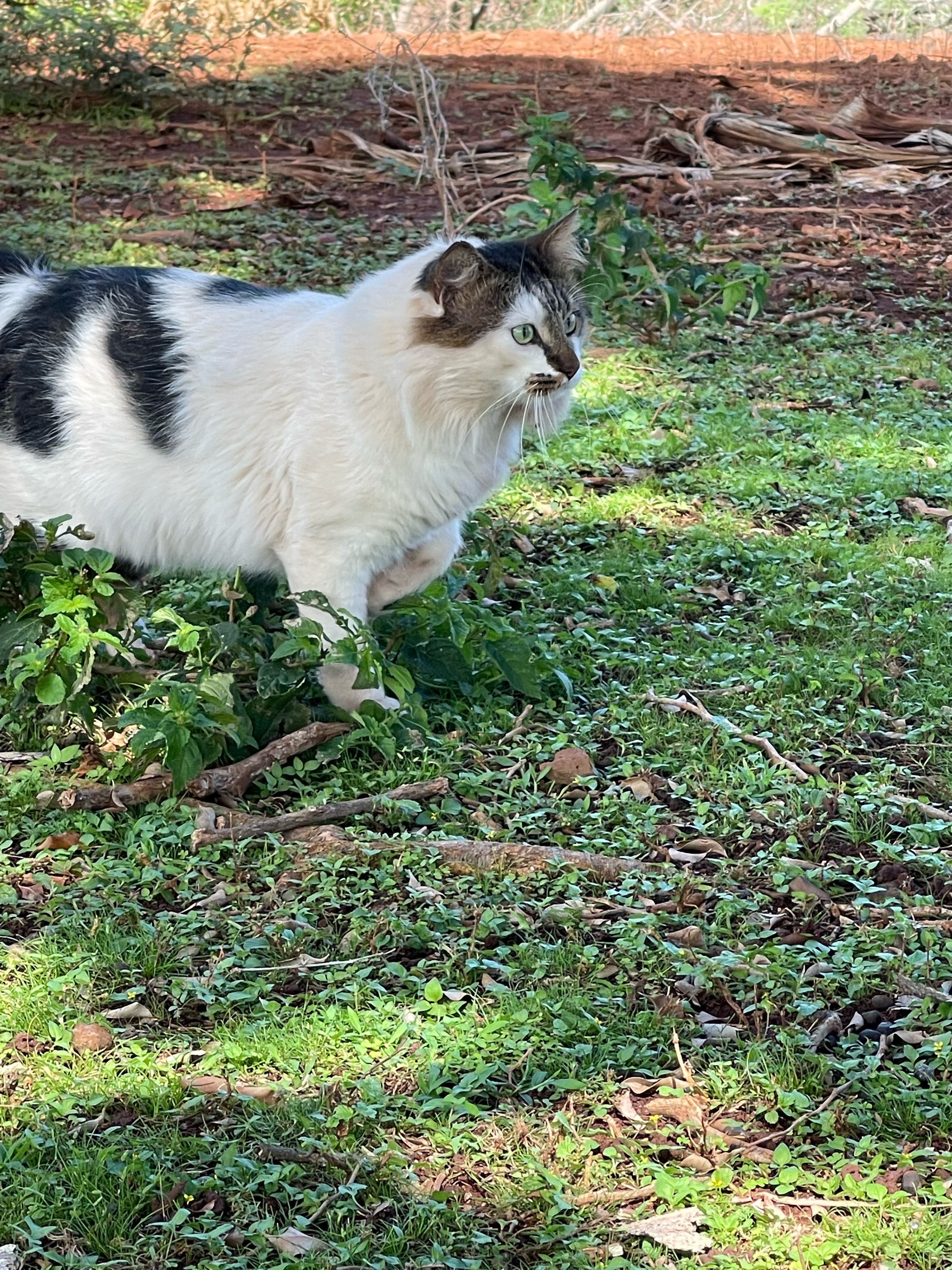
This is the Story of Many….What Losing My Cat Taught Me About Medical Decisions, Responsibility, and the Truth We Often Avoid
I've been writing articles for almost two decades but this is the most difficult one I have ever written. Because not being aware of our decisions, not taking full responsibility, and believing in the medical system without questioning cost my beautiful baby Casey's life.
I still can't believe that he is gone. He is our beautiful cat, but not “just a cat”, truly a part of our family. He came into our life the same day he was born. Ironically, when he was born I also wrote an article trying to gather awareness about how precious life is.
He was born on Molokai, Hawaii. We lived in a cottage next to a bird sanctuary 10 years ago. The lady who looked after the wetland area was protecting Hawaiian birds, so put up traps all around — to catch cats, dogs, chicken, mongoose, anything that she thought might harm the birds. We found out later that she was killing the animals that she trapped, but that's a different story. Casey's mom got caught in one of the traps and gave birth to three beautiful kittens. We heard her crying just after giving birth, climbed over the fence and found the kittens. By this time it was the evening, actually Thanksgiving evening 2015. We put in some food and water then opened then trap and left her, hoping she would take the kittens. She took one but the next morning two were left behind. They were already in bad shape, of course we took both of them. The Island doesn't have a vet, just a humane society with very limited expertise and limited hours so we did our best to save them. We named them Peanut and Strawberry. Unfortunately Peanut lived only 11 days and died with worms, something that a vet could have easily recognized and solved but sadly no one could recognize this. Strawberry fought so hard and after about two weeks finally started gaining weight and strength. We changed his name to “Casey”. You probably understand now why I call him my baby. He was very very strong and full of beautiful life.
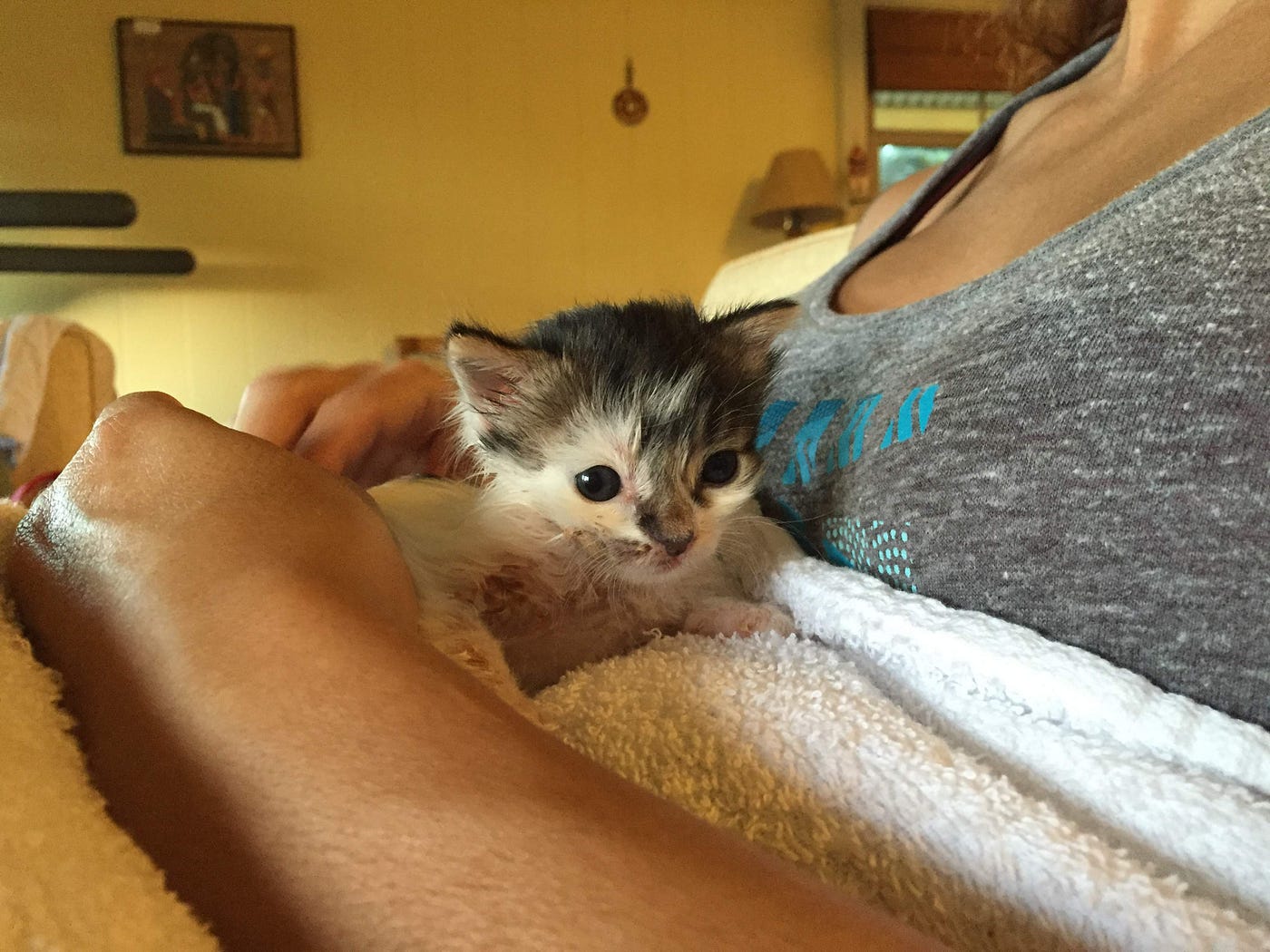
All animals live in the present moment, they are pure and carry absolutely pure LOVE ❤️ Casey's life story is not the reason that I wanted to write this though. Casey lost his life after a series of complications that we believe began with his neutering at Herbst Veterinary Hospital in Boerne, Texas.
We moved from Hawaii to Texas in March 2024. Having led a completely free life in Hawaii, lots of girlfriends and out exploring for miles, when we moved to our new house he almost immediately starting going out in the early evening and coming back the following morning covered in scratches. We took him to Herbst vet in April 2024 when he developed an ear infection. My husband asked the vet, Dr. Willis, of the possibility of neutering him because he was fighting feral cats. We had thought of neutering him before, however we were still living on Molokai with no good vet access and didn't want to take the risk. The Dr suggested neutering, assuring us it was safe — despite Casey being almost 9 years old, having just moved a couple of weeks earlier from Hawaii to Texas, and with his current ear infection. No bloodwork was done, no one asked if he was fasting or not before sedation and surgery, we were not warned about potential dangers of neutering him after the extreme stress of his move and the possibility of urinary blockages in older male cats — which unfortunately we learned later are very common, due to the sudden lowering of testosterone levels and narrowing of the urethra. We also were not advised of any diet changes that should be done after neutering. The vet's answer was that it's a routine procedure with very little potential for problems, it would just “calm him down”. Of course we are blaming ourselves for not paying attention and blindly trusting the vet.
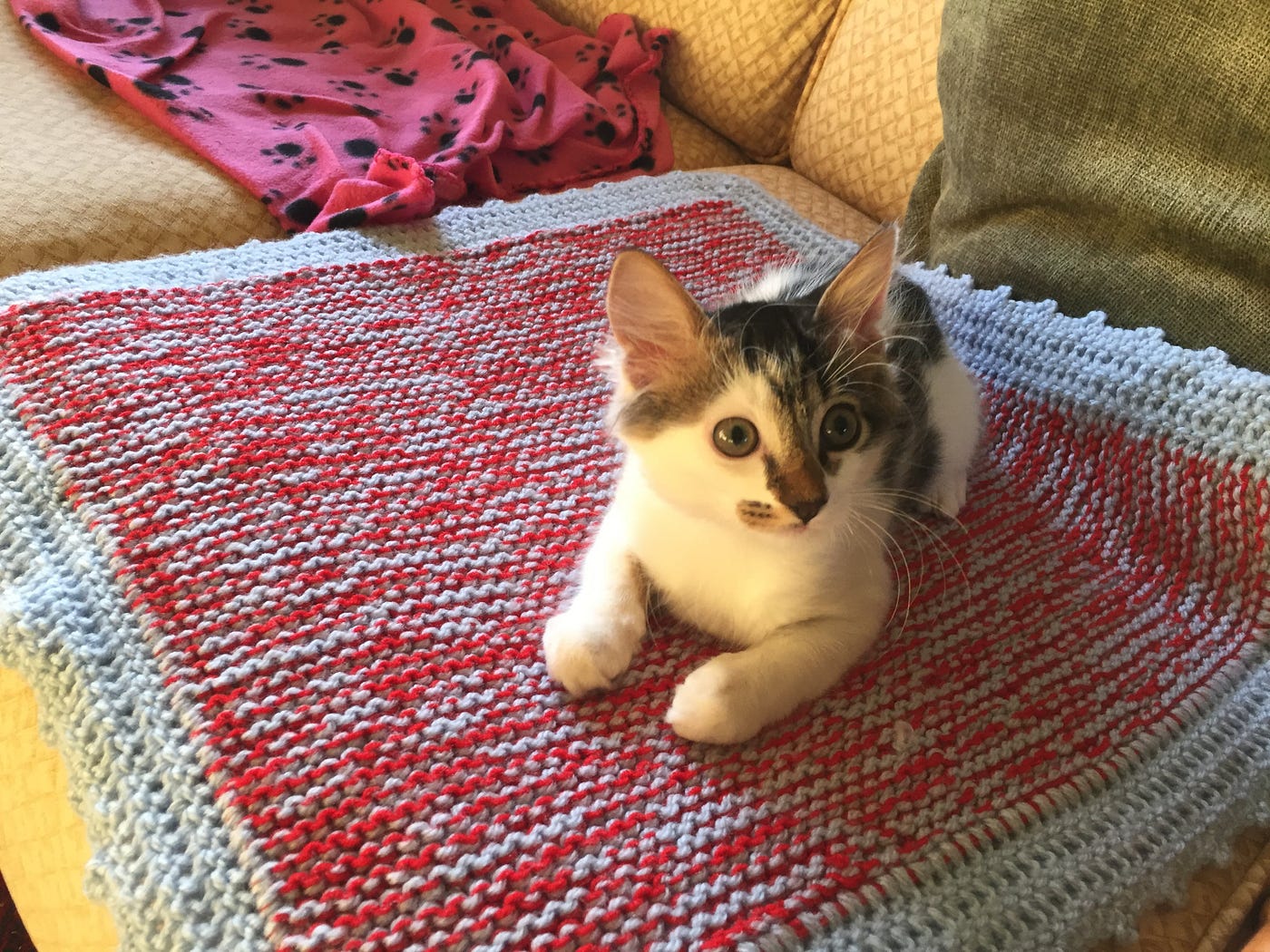
Almost immediately after surgery, Casey's behavior changed drastically. He suffered his first full urinary blockage in June 2024, we took him to the emergency hospital on a Sunday, then three months later he blocked again and we were back at Herbst. He experienced multiple UTIs and blockages and had to undergo PU surgery in October 2024. He didn't recover and blocked again immediately after surgery, if anything the surgery made it worse as he remained regularly blocked and with recurring UTIs for around 10 weeks after surgery. As we know now, by this point it was already too late and he was developing what we later learned was likely cancerous tissue in his bladder.
After the PU surgery Casey saw another doctor, Dr. Thomas, who is kind and caring and did his best to help Casey. We greatly appreciate his care. He suggested that we go to see a specialist at Texas A&M when Casey blocked again in March 2025 where we learned of the extreme abnormal tissue in his bladder. Unfortunately Casey couldn't deal with the almost daily vet visits for catheter and the medications. He chose his own way, at the end of June he stopped eating and on July 2nd 2025 he died in his home, in our arms. He taught us so much in the way that he lived his life. He even knew how to die too, with courage and strength. When he died, I really felt something died in me too.
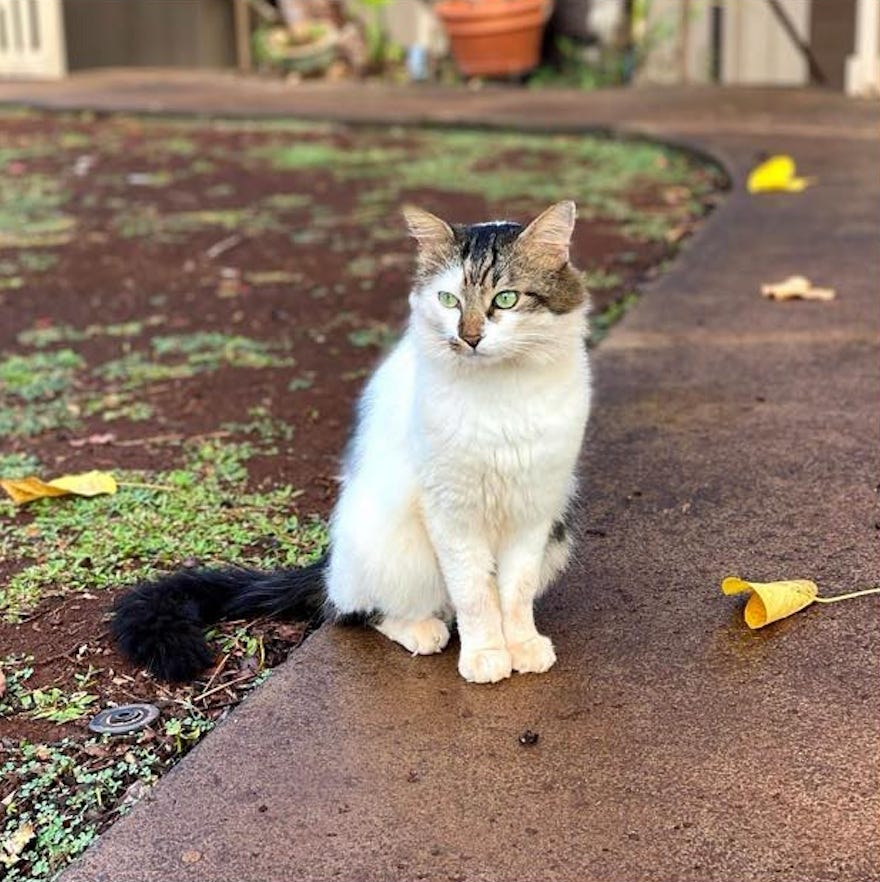
Despite visiting the same veterinary clinic nearly every day for 3 months, after our final visit on June 30th when it was clear that he was dying not one person from the hospital followed up — no call, no email, not a single word of compassion after his death. We emailed them two weeks after he died with an expression of our sadness and concerns. They even did not reply.
We do appreciate one veterinarian there who was kind and helpful, along with several other staff members who we regularly saw post-surgery. But we trusted a doctor who gave poor advice, poor pre-surgical protocols, and the management does not seem to care as they ignored our concerns. We trusted them with Casey's life — we visited them more than 100 times over the course of 12 months, the process was emotionally and financially exhausting, but far above all Casey paid for this with his life.
If you happen to be in Boerne and you're considering this clinic, ask questions. Insist on bloodwork. Get second opinions. The message of this article though is that the same applies wherever you are. Your animal's life is in your hands. Casey was incredibly strong, healthy and full of life before his neutering. We always called him our “Molokai Warrior”! He was with us from the moment he was born. He was our family, a part of us. Now we question ourselves with regret, guilt, sadness and anger. It was not his time to go, and like every living creature he deserved better. But he lost his life because we did not take full responsibility for protecting it.
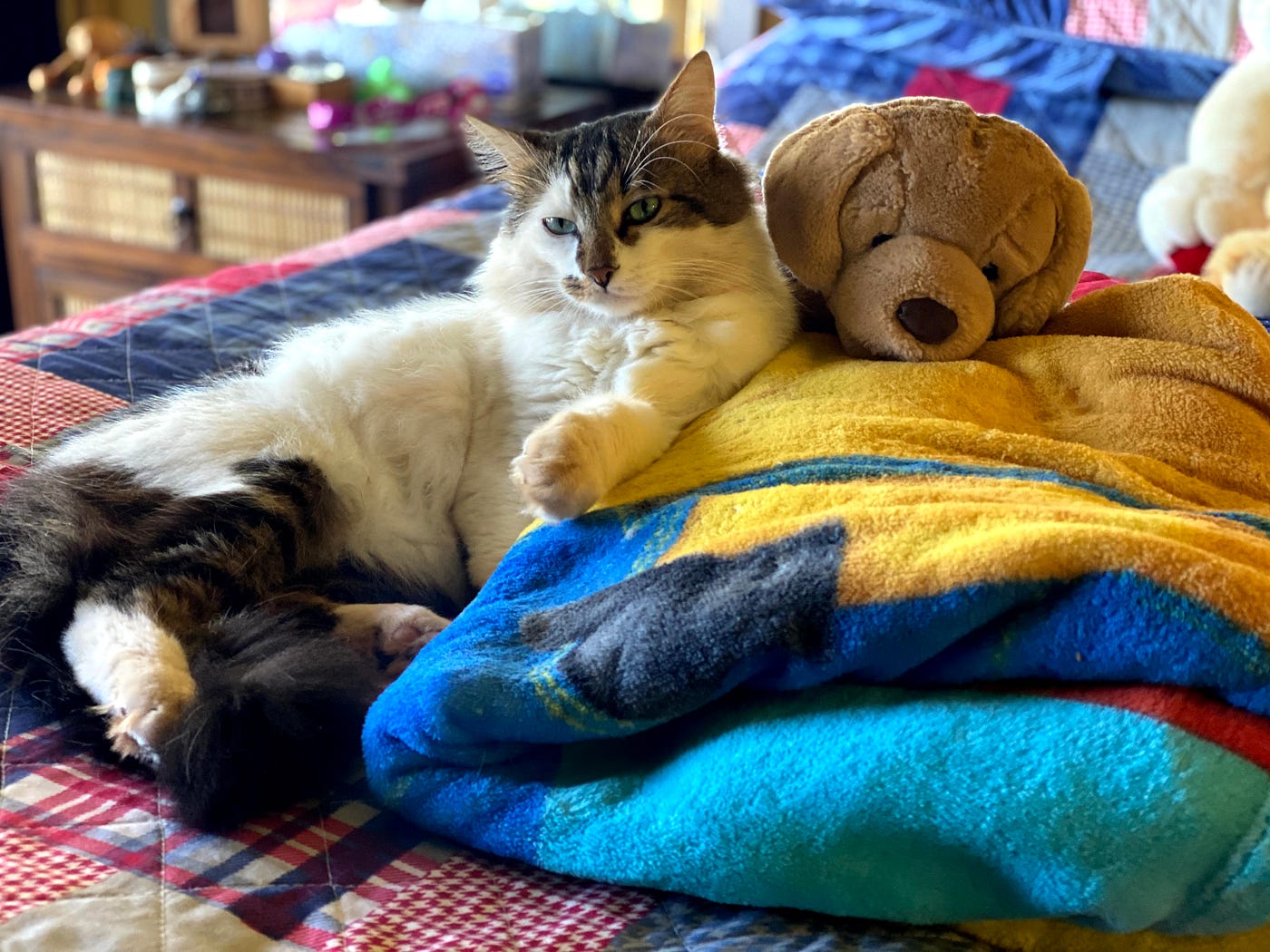
Do not under-estimate animals. They live with a connection to nature that most humans have lost. They live in the present moment. They do not carry their anger or sadness. They are pure in everything they do, including pure love. We think we own them, but we are not their owners. If we pay enough attention to them though, they can be our best teachers.
Writing this article, it's now three weeks since we lost him. We are still crying every day. The house feels so empty without him, he is everywhere. And yet this article is not just about grief.
It's about truth.
It's about responsibility.
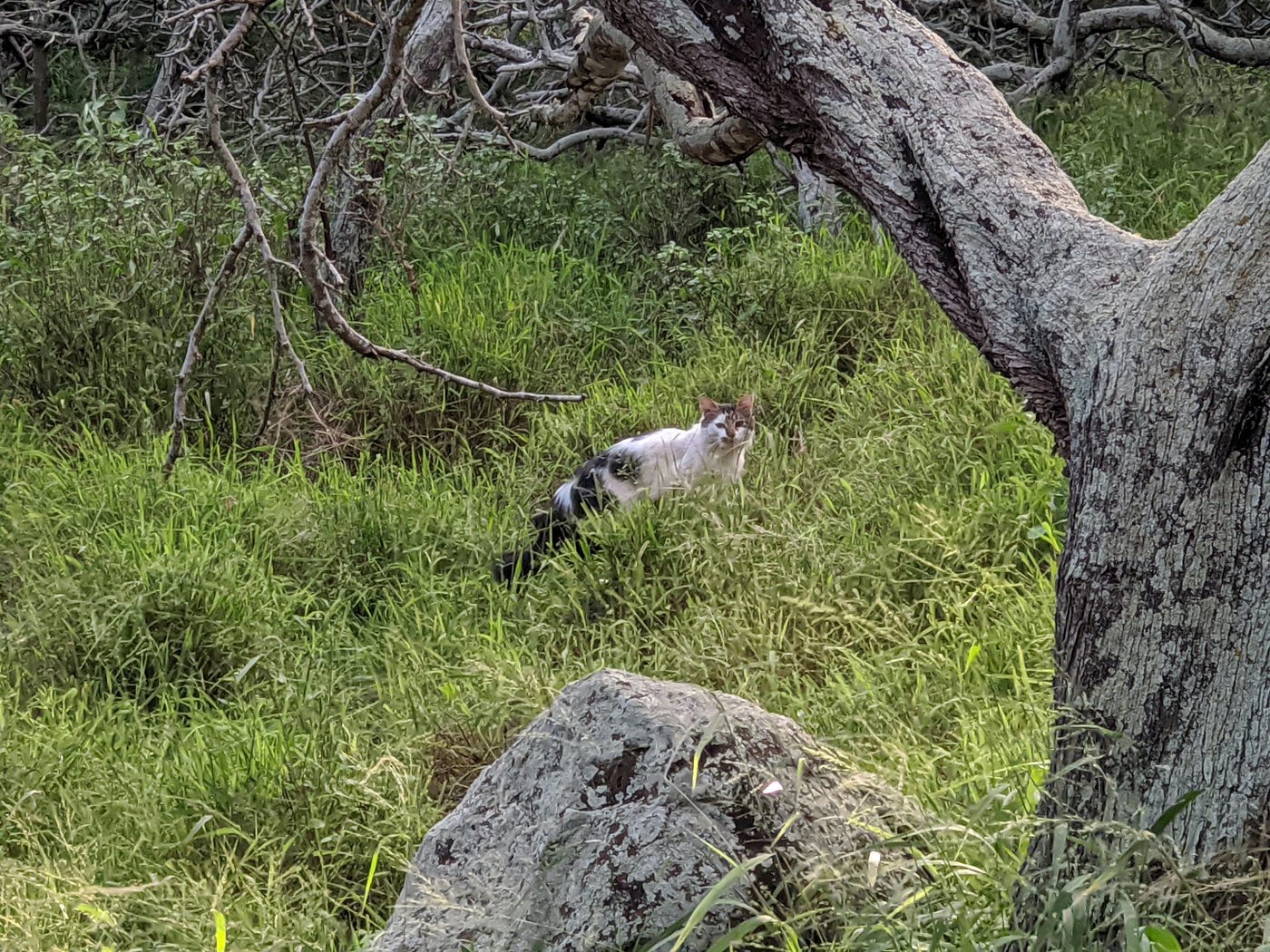
Taking Responsibility is hard, especially for a loved one who can not verbally communicate with you. We think we understood a lot, and he showed much through his behavior, although we can not really understand them because we have so many preconceptions about what they might want or be thinking. Of course, we think we know — we think humans are smarter than animals, we think we're the best thinkers.
I don't blame anyone.
Yes, the vet should have done better. We also should have asked more, and researched more. We should have been more than passive participants. Yes, we should have been better informed. That's what hurts the most.
So what exactly has this experience taught us? This was not just about one vet. It was not just about one decision. It was about a pattern that exists in medical systems everywhere. We assume that professionals know best, that they'll tell us what we need to know. We're afraid to question them. We act fast — not from clarity, but from fear or urgency. But the truth is that we forget that vets are human, and all other doctors are human too, and they make mistakes. Sometimes serious ones.
Let's pause for a moment on this. According to a 2016 Johns Hopkins study, medical errors are the third leading cause of human death in the United States — following only heart disease and cancer. Let that sink in. We're not talking about rare, isolated mistakes. We're talking about 250,000+ preventable deaths every year due to:
- Misdiagnosis
- Poor communication
- Delayed treatment
- Surgical complications
- Medication errors
- System breakdowns
- Or simply… not listening.
And those are just the documented cases in human hospitals.
“The system is not designed to track medical errors well,” said lead researcher Dr. Martin Makary, a professor of surgery at Johns Hopkins. “These deaths are invisible… They don't get counted. It's under-recognized.”
Source: Makary, M. A., & Daniel, M. (2016). Medical error — the third leading cause of death in the US. BMJ, 353, i2139.
Now imagine what that means in veterinary medicine, where the patient can't speak, can't describe symptoms, and where “owners” — like us — are often left out of the conversation entirely. We assume we're in good hands. We assume someone else has double-checked everything. We assume that protocols protect us. But the truth is, mistakes happen. And unless we speak up, ask questions, and stay fully present, they could happen to us and to the lives that we love.
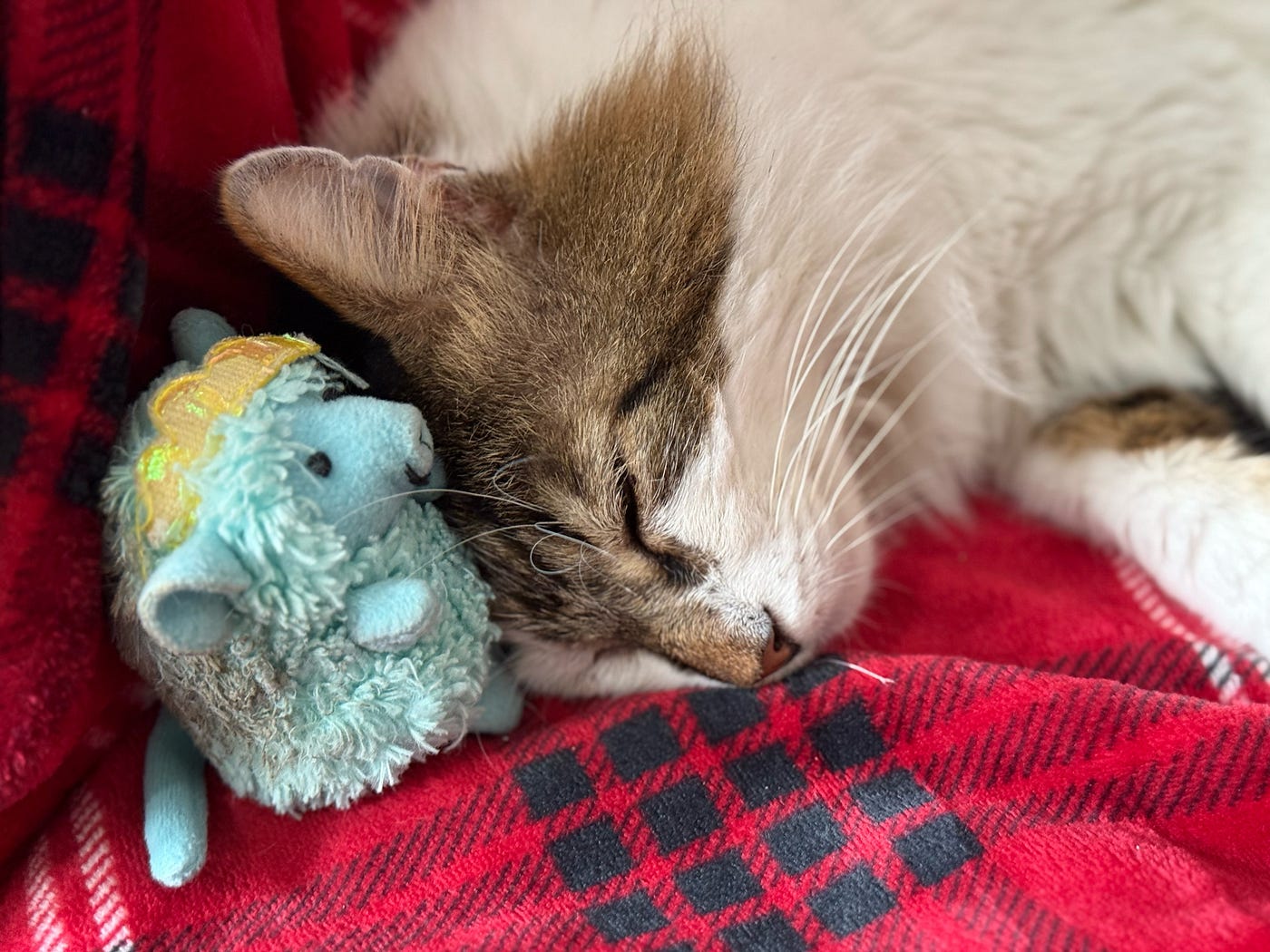
This is for Casey, for all of them. Casey didn't die of old age. He didn't get sick himself. He died because we didn't take responsibility.
I am sharing his story now so that you won't have to write one like this. So that you'll stop, think, and speak up. So that your love doesn't become regret.
We miss him every day. And we will carry his spirit in our actions, in our voices, in our choices. He was our family and my baby ❤️ He was our warrior. He deserved better. And so does your pet. So do you.
Now, what remains is sorrow, regret, guilt, sadness, anger, emptiness and many broken pieces. These are the hardest times, but we all know that life keeps going on, with us or not. But during this time, how can we identify our feelings, and instead of the putting names actually see and pay one hundred percent pure attention like animals do? Can we stay with sorrow without any movement of thought, analyzing it, thinking about it? It's very difficult to do. We have so many preconceptions in our mind, we have answers for everything even when we know pretty much nothing about real life.
Did you know that the root meaning of the word “passion” is sorrow? It comes from the Latin passio, meaning suffering, enduring. So both sorrow and passion are linked to suffering — but in a transformative way. When we stay with that sorrow completely, without trying to analyze it or distract ourselves and try to escape from it, then we will find out of that sorrow comes passion.
J. Krishnamurti said that “sorrow is not something to escape from. Sorrow ends only when you meet it totally — and in that ending, there is the beginning of passion. Out of the depth of sorrow comes passion. Not lust, not enthusiasm, but the flame of passion. And from that passion comes clarity.” And that passion has the quality of love — and love has no sorrow.
Responsibility is the pure act of seeing clearly and responding with awareness. It is not guilt, which is rooted in memory and ego. Krishnamurti says “guilt implies a self that has acted wrongly — but the self is a product of thought. Responsibility has no center, no ego. It is action born of attention.” Guilt is a psychological trap that limits freedom.
So responsibility is present-moment awareness. To be responsible means to see what is actually happening, within you and around you — and to act without escape, comparison, or control. If we truly see something as it is, we respond naturally from compassion, not conditioning. It is choice less.
We will carry Casey's love forward not just in memory, but in awareness, in voice, and in truth — and that's a rare and beautiful kind of strength. With deep respect and love, he is always in our heart. LOVE never dies.
For Casey, and for those we still can save.
Ayda Page
Master Fitness Coach, Nutritionist, Human
In loving memory of Casey — 2015 to 2025
#CaseyMolokaiWarrior
